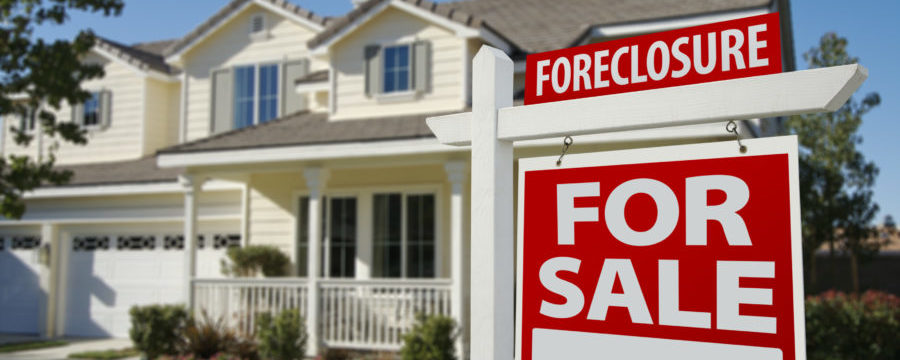
The Federal Housing Administration (FHA), a branch of U.S. Department of Housing and Urban Development (HUD), insures mortgages for homeowners who may not qualify for traditional mortgage due to poor credit or other financial struggles. There are several differences between FHA insured mortgages and traditional mortgages:
- Borrowers with FHA loans can pay a much smaller down payment on their home (sometimes as low as 3.5%).
- FHA loans require borrowers to pay a mortgage insurance premium as part of their loan.
- If the borrower defaults, the FHA will cover the losses to the lender using the mortgage insurance you purchased.
Borrowers with FHA loans who are falling behind or concerned about falling behind on their payments often ask if the foreclosure process is different with an FHA insured mortgage.
Is an FHA Foreclosure Different from a Regular Foreclosure?
Since the FHA stands to lose money if a borrower falls behind on their mortgage payments, they will offer “Loss Mitigation Assistance” to help the borrower get back on track and avoid foreclosure. In other words, there should be a level of assistance and oversight in FHA loans not present in a traditional mortgage.
Mortgage servicers are required to review borrowers who are falling behind on their FHA loans for loss mitigation options in a process referred to as a “Waterfall.” These options include, but are not limited to:
- Loan Modification: A loan modification permanently changes the terms of the mortgage, for example extending the life of the loan or reducing the interest rate. FHA normally requires that the payment go down. So if their formula creates a higher payment than the original payment, the loan modification can be denied.
- Partial Claims – the BEST FHA Modifications: With an FHA Partial Claim, the lender takes up to 30% of the amount owed and sets it to the side as a second mortgage. There is no monthly payment on this amount, but you would be required to repay it if you sell or refinance the property. Many homeowners receive these types of modifications and don’t realize there is a second mortgage that must be paid if the house is sold. Keep in mind that FHA does not currently offer Principal Reduction Loan Modifications.
- Forbearance Plans: With a forbearance plan, a borrower can make reduced payments or stop making payments for a specified amount of time during which the lender cannot pursue foreclosure proceedings. This is helpful for homeowners who experience a temporary hardship, such as unemployment, that prevents them from making their monthly payments.
- The FHA offers a Special Forbearance to eligible homeowners that reduces or suspends mortgage payments for up to twelve months.
What Will Happen with My Foreclosure If Loss Mitigation Fails?
HUD regulations require lenders to review borrowers for loss mitigation options in most circumstances. However, if you are not able to work any of these options out with your lender, the New Jersey foreclosure process will proceed as it would with a traditional mortgage. That is why it is important to be proactive and contact an NJ foreclosure defense attorney if you are falling behind on your mortgage payments.
At the Law Office of Ira J. Metrick, we will help you take advantage of the loss mitigation process offered by the FHA by helping you understand which options you are eligible for and what your new mortgage payments would look like. Contact us today if you are in danger of an FHA foreclosure in New Jersey.



